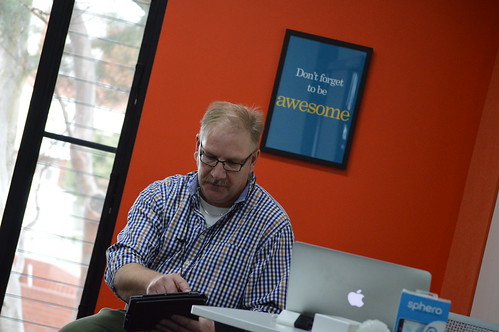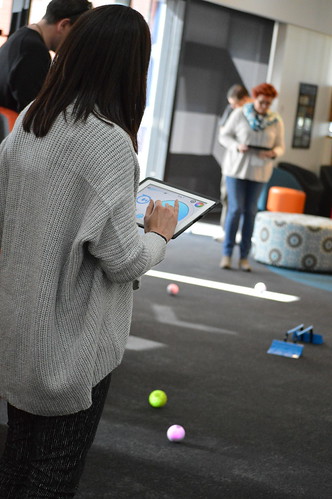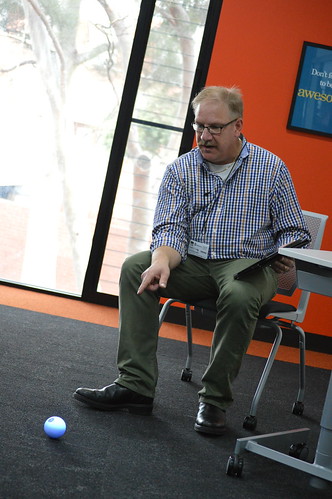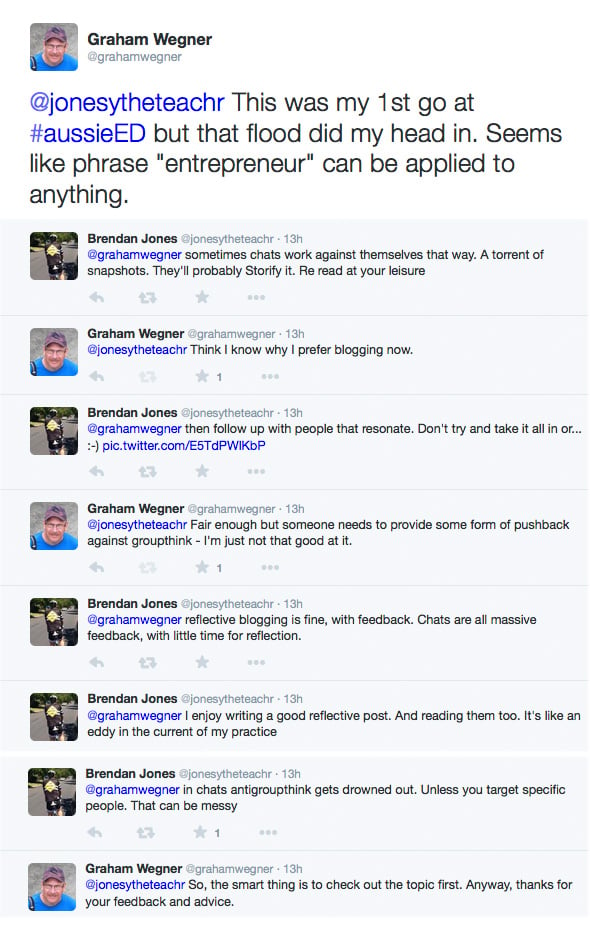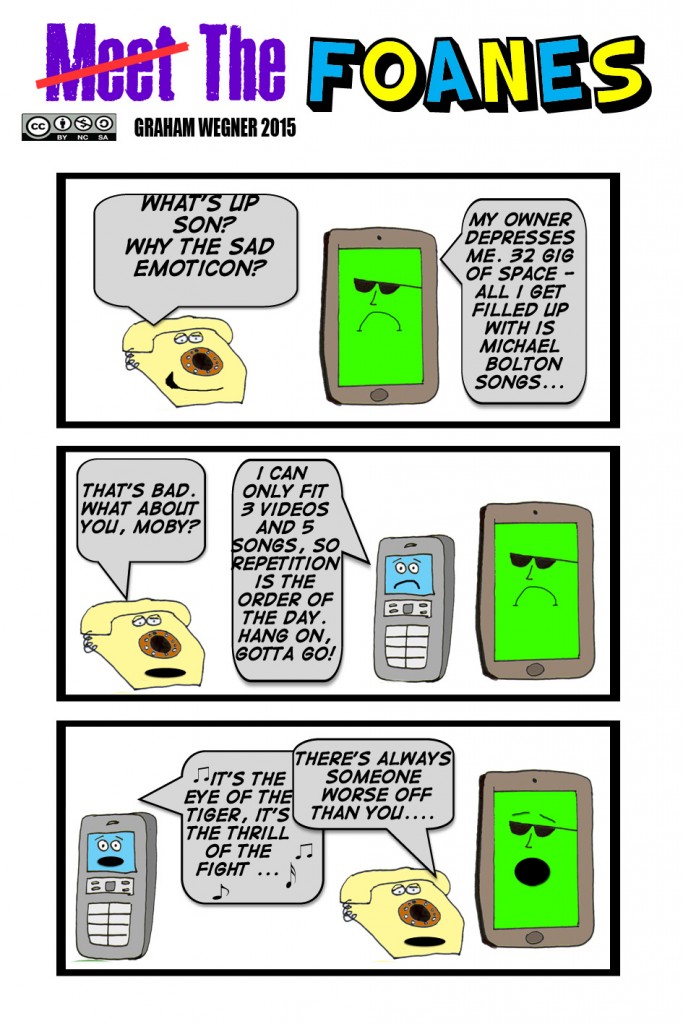I attended a day hosted on behalf of our partnership on PAT Data today as one of my school's representatives. Student Achievement Data is one of the key parts of my role as Assistant Principal and this testing system is one that I have made the effort to become familiar with. I have blogged about some of my work in this area before so for me, the presenter was going over some familiar ground in her introduction. As she spoke, I started typing up questions that were forming in my brain about this form of testing and the data it produces.
Does standard equal average?
How do these standards then translate into comparisons for Australian schools v. other countries?
Do we set standard as average which can be variable according to the cohort (even an Australian wide cohort as measured by ACER) or is it political when standards are determined externally and then we measure whether our students are above, below or matching?
Interesting that in a multiple choice test, a correct guess is measured as evidence of student achievement – so, should we discourage the “just have a try” method if it is likely to end up with a guess?
If a child guessing produces a scattered graph where the easy questions are wrong, are the guessed correct answers of greater difficulty discounted in calculating the score?
I got answers to most of these questions along the way, but it led me tonight to pondering about the concept of making a difference.
I was lucky enough to attend EduTECH last week for the fourth time, taking a team of seven colleagues with me. For me, the highlight was a presentation and then a workshop from EduChangemakers, Aaron Tait and Dave Faulkner, totally focussed on the concept of making a difference for students. If you read this blog and/or follow me on Twitter, you will know that I have complained about the term "edupreneur" and expressed concerns about its wider connotations. So, I was surprised at myself to be blown away by this duo's authenticity and story. We had just sat through a middling presentation by a private school who had done a makeover of their learning spaces, struggling to come to terms with terms like "non-selective" (code for they don't screen potential students for academic standards prior to enrolling, no different from the vast majority of government schools) and "double streaming" (they have more than one Year 2 class - we chuckled that we must be quadruple streaming Year Twos at WGS!) and then Dave came up on stage and told us the story of his first day at Halls Creek District School where the first student he encountered looked at him and said, "What the f#^& are you looking at?"
All of a sudden, we had someone in front of us who understood disadvantage and battling disengagement, who was telling us about how to empower teachers to solve problems in new ways. I did a complete 180 degree turn in my thinking and even went down straight after the presentation to buy their new "Edupreneur" book. Both Aaron and Dave were down there at the time and were down to earth and friendly to talk to, and they both encouraged me to come to their workshop even it was officially full. The workshop was a whirlwind taste of their full day workshop change process which uses Design Thinking as its basis.
No, now I am reading the book which is focussed on teacher-led innovation. As the title of this post suggest, this is all linked to the innate desire of most educators to make a difference. This can be on a small or major scale but it is surely a driver of any teacher who participates in any form of professional learning or self improvement. It is also the desire of systems who choose testing systems like PAT.
What making a difference looks like can wax and wane over time. I know it has for me. Even when I see some educators on Twitter participate in self-promotion and in-crowd shoutouts, I know that they are only seeking to make a difference for their students. I was probably like that a decade ago, full of idealism and a desire not only to make a difference but to be seen to be making a difference. But time can erode self confidence and the bravado and self righteousness of youth can be replaced by doubt. Every now and again, it is good to take stock and re-ask the question, "How can I make a difference for the students I work with?'


